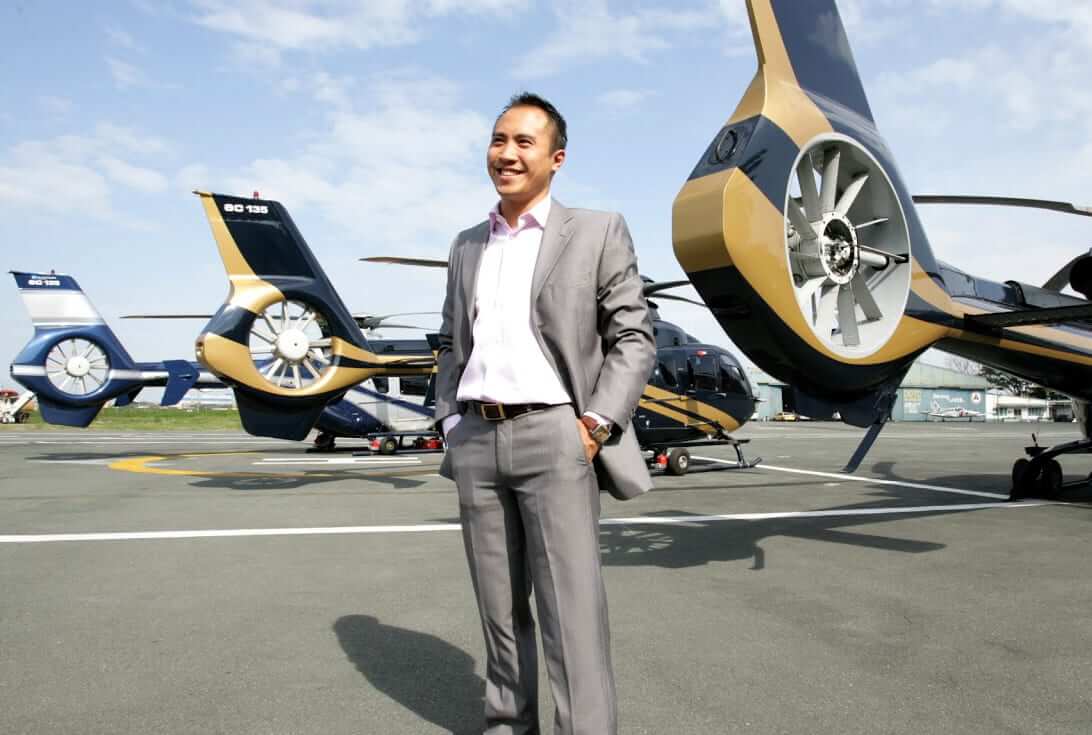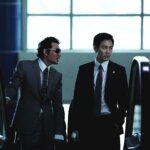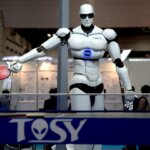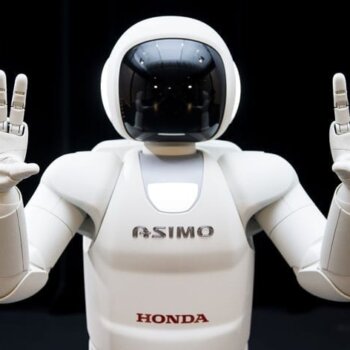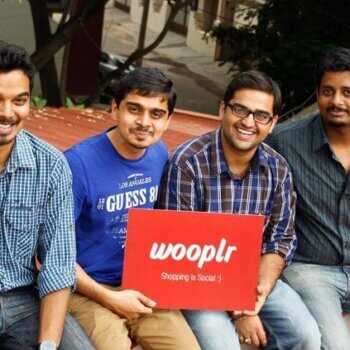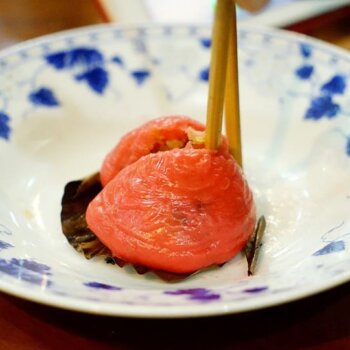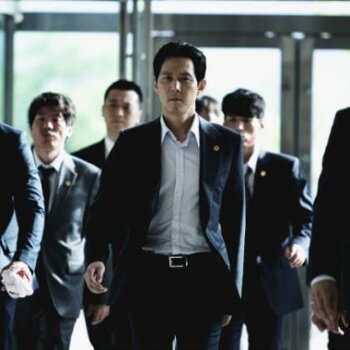Thierry Tea has had a successful and dynamic corporate and entrepreneurial career. From aviation to e-commerce, he is focusing on his latest start-up, WeCube.
What’s your story?
I was formerly a corporate senior executive, entrepreneur and I am now an investor across 4 Asian countries.
I was experiencing dynamic progress in my corporate career with the Airbus Group, but decided to leave my position as CEO of Airbus Helicopters Philippines and Head of Airbus Group Philippines to start my entrepreneurial life. I created Starline Global Industries in Singapore, an investment holding house that has then established PhilJets Group in the Philippines and Agama Investments in Cambodia. While PhilJets has become a leading aviation company operating aircraft management, fractional ownership, timesharing, maintenance services, training services, charter flights and recently launching GrabHeli with GrabTaxi; Agama Investments has invested in agribusiness with Parfum d’Indochine producing vanilla as well as in human resource services with Saint Blanquat & Associates and in retail with Jewelmer Joaillerie’s dealership in Cambodia. From corporate executive, I am now entrepreneur and investor with stakes in 11 companies after 3 years in the startup world. Our latest project is the launch of WeCube, our incubator which will start-up in the Philippines.
What excites you most about your industry?
While aviation is an industry I was passionate about, I decided to broaden my interests and business landscape and learn more about other Industries such as agribusiness, retail, HR services, private equity and finance and now IT and e-commerce. I believe in innovation. The only permanent thing is change, so we should always be learning. I am happy to meet and great business leaders and exchange knowledge and experience. It is an honor to have been able to partner with some of them. Nothing is impossible.
What’s your connection to Asia?
I was raised by Cambodian Chinese parents who went from wealthy entrepreneurs in Cambodia to poor refugees and then middle class in the Chinatown of Paris. ‘Work hard at school, be good, family is important,’ these are the Asian values I grew up with. My first trip to Asia was at 17, to Taiwan and Hong Kong. Then, I studied in Singapore and did an internship in Hong Kong before completing another one in Shanghai. I wanted to be working in Asia and started with Airbus Helicopters in 2004 in Singapore and then the Philippines. I have now been based in Manila for 11 years and in the last two years, I’ve had many trips to Phnom Penh.


Favourite city in Asia for business and why?
Singapore for its ease of doing business and winning mindset. Phnom Penh for its amazing vibrant energy and entrepreneurial spirit everywhere in the city. Manila for its new wave of start-up growth.
What’s the best piece of advice you ever received?
There are a few. My partner Dominique Ky of TK Orient advised me, “if you are more daring, you will get anything you want.” My friend Adrien Choux, founder of the Chinese Timekeeper, told me to start my entrepreneur journey a few years ago. Jeremy Harbour of the Harbour Club said “everything measured, improve.” My wife who tells me, “now is the time to develop the business because later, we will be older and will need to enjoy it more!”
Who inspires you?
My wife Lynda, who left her corporate career in Singapore to take over her family’s rice trading business in Gabon, Africa and then decided to take a leave to give birth to our daughter Julia.
My parents, who taught me the right values in life. They know what it is to be rich, to lose everything, but who worked hard and sacrificed a lot to give me and my brother the opportunity of a better future.
Our passionate team and colleagues who give their best everyday to satisfy our clients. Without them, nothing would be possible.
As business figure, Jack Ma has shown the world what an Asian entrepreneur can do. I also admire Asian tycoons that I have had the chance to know, such as Pung Keav Se of Canadian Integrated Group (Cambodia), Ramon Ang of San Miguel Corporation (Philippines), Michael Kadoorie of the Peninsula Hotels Chain (Hong Kong).
What have you just learnt recently that blew you away?
That our generation is endangering the planet at a rate higher than any previous generations. Unfortunately, there are very little remedies, since human nature puts its survival first. While Starline Global Industries and Agama Investments will contribute by putting up schools in remote areas of Cambodia to improve education, I hope the next generation will be more conscious and more caring towards the environment. We have to think of what we leave behind in this world.
If you had your time again, what would you do differently?
One year ago, I told myself, “If I leave this world tomorrow, my only regret is not having had a child.” This changed 4 months ago. I am having the life I wanted and I enjoy it 150%. Maybe starting entrepreneurship and a family earlier would be one wish. I would have loved my grand-parents to have met my daughter.
How do you unwind?
I used to find having a foot massage or reading a good book were ways to relax, but these have been overtaken by spending time with my 4 month old daughter Julia. It is the best way to clear my mind. Life is magical and children are wonderful in the way they learn and grow. Of course, spending quality time with my wife is also a great way to unwind.
Favourite Asian destination for relaxation? Why?
Singapore and Siem Reap are both great places. I love the mix of culture in Singapore. As I am Asian, Chinese and European. Singapore offers the Chinese desserts that we love and also the modern Asian style that suits me. Siem Reap in Cambodia is full of history and culture.
Everyone in business should read this book:
The Art of War of Sun Tzu is a must. ‘It’s not how good you are but how good you want to be,’ by Paul Arden. The 2 others are Bernard Arnault’s (LVMH Group) biography ‘The Exterminator Angel’ and ‘Alibaba’s World.’
Shameless plug for your business:
Starline Global Industries is looking at investment opportunities and connecting businesses between Asia and Europe.
PhilJets is the leading boutique aviation solution in the Philippines, managing USD 20 million in assets, fractional ownership, timesharing, charter flights and also offering consultancy, maintenance services, aircraft sales and training services. PhilJets launched the GrabHeli app together with GrabTaxi.
Our new venture, WeCube is the newest incubator in the Philippines, launching the ComeOn Ground co-working space.
Agama Investments engages in creating value and developing long term sustainable activities in Cambodia, whilst also contributing to develop the image and exposure of the country in the business world.
How can people connect with you?
I can be reached on linkedin, facebook, twitter. Or through any one of our websites www.starlineglobalindustries.com and www.philjets.com
Twitter handle?
@thierrytea
—
This interview was part of the Callum Connect’s column found on The Asian Entrepreneur:

Take the ‘Key Person of Influence’ scorecard <http://www.keypersonofinfluence.com/scorecard/>
Connect with Callum here:
twitter.com/laingcallum
linkedin.com/in/callumlaing
Get his free ‘Asia Snapshot’ report from www.callumlaing.com
